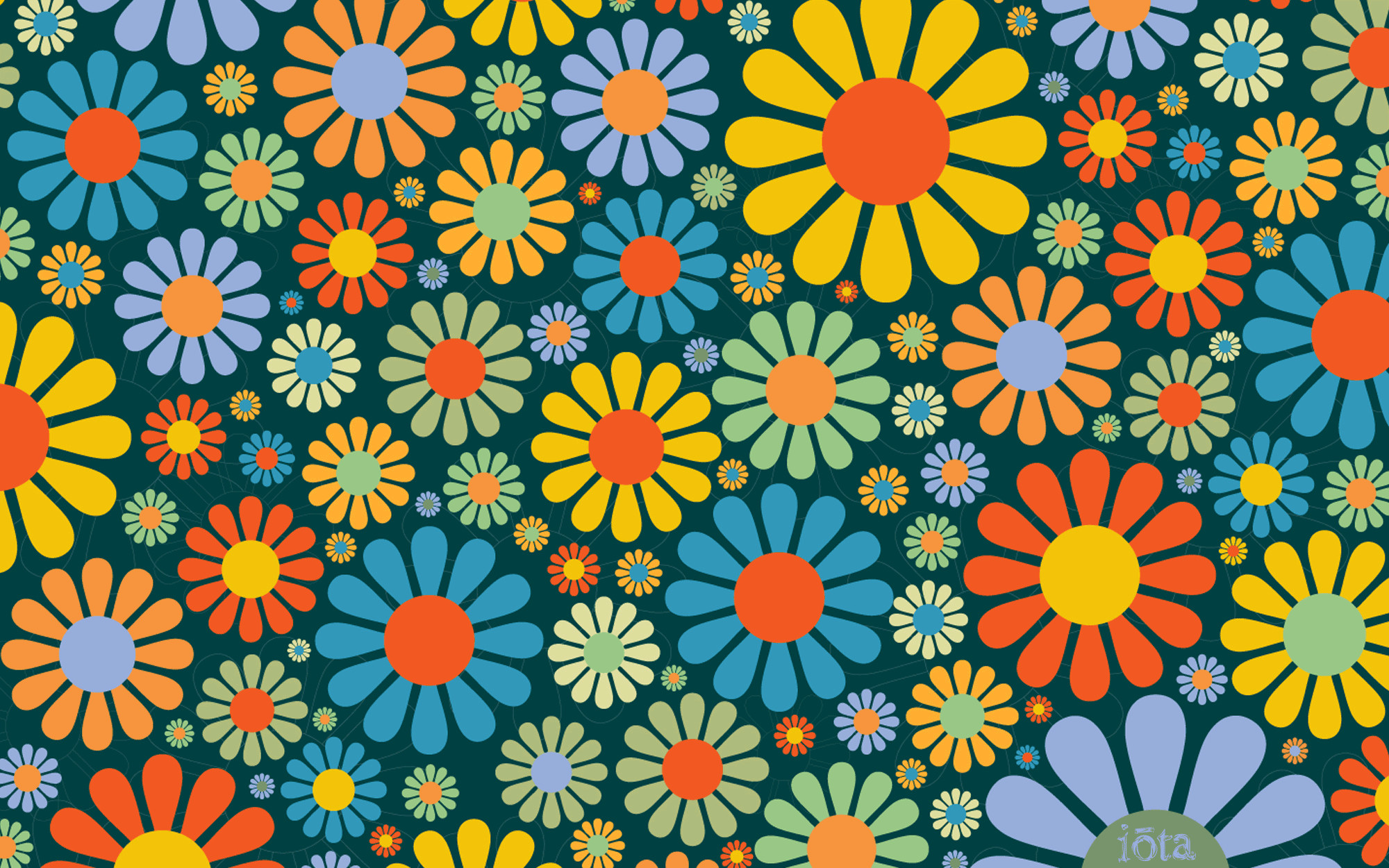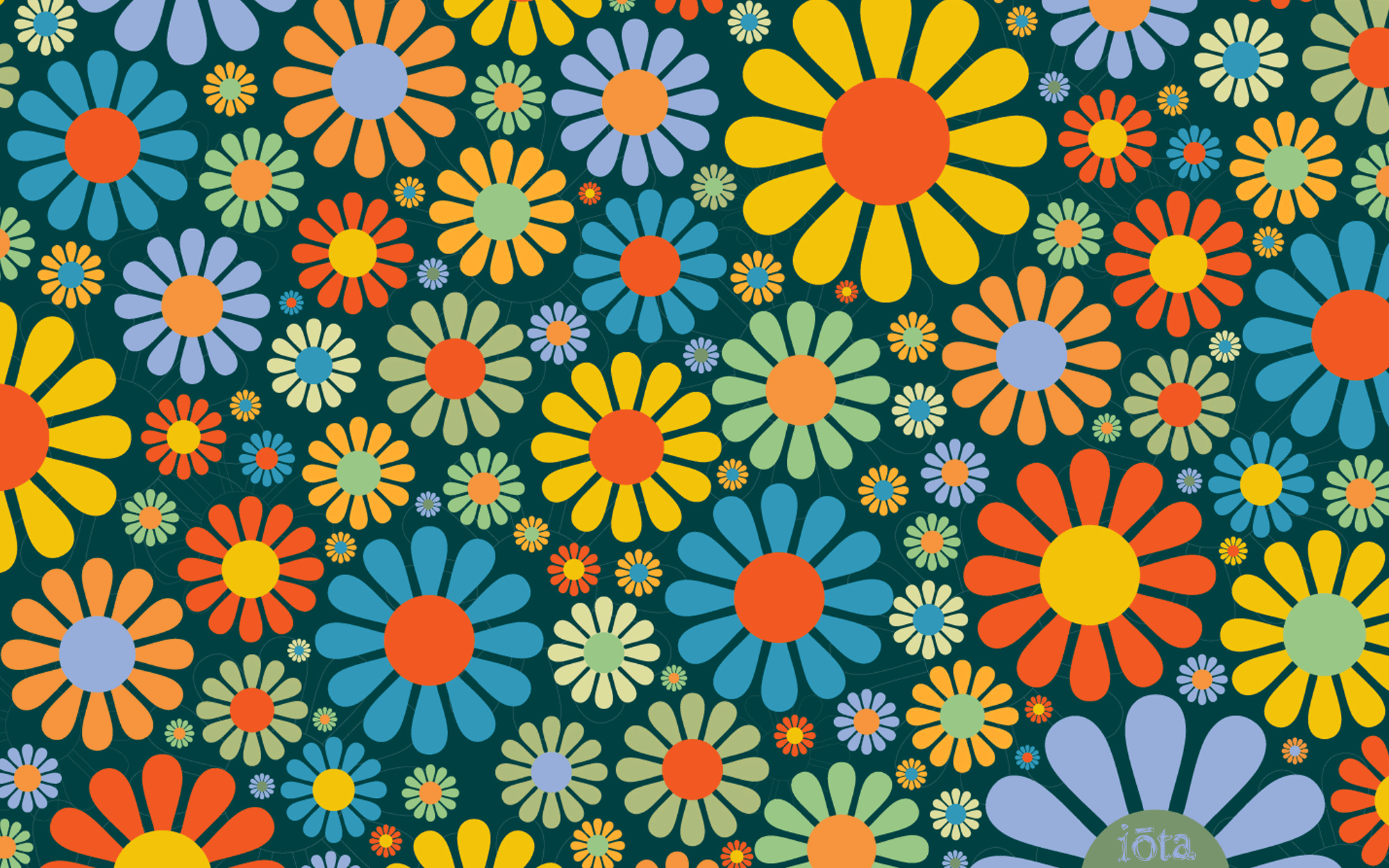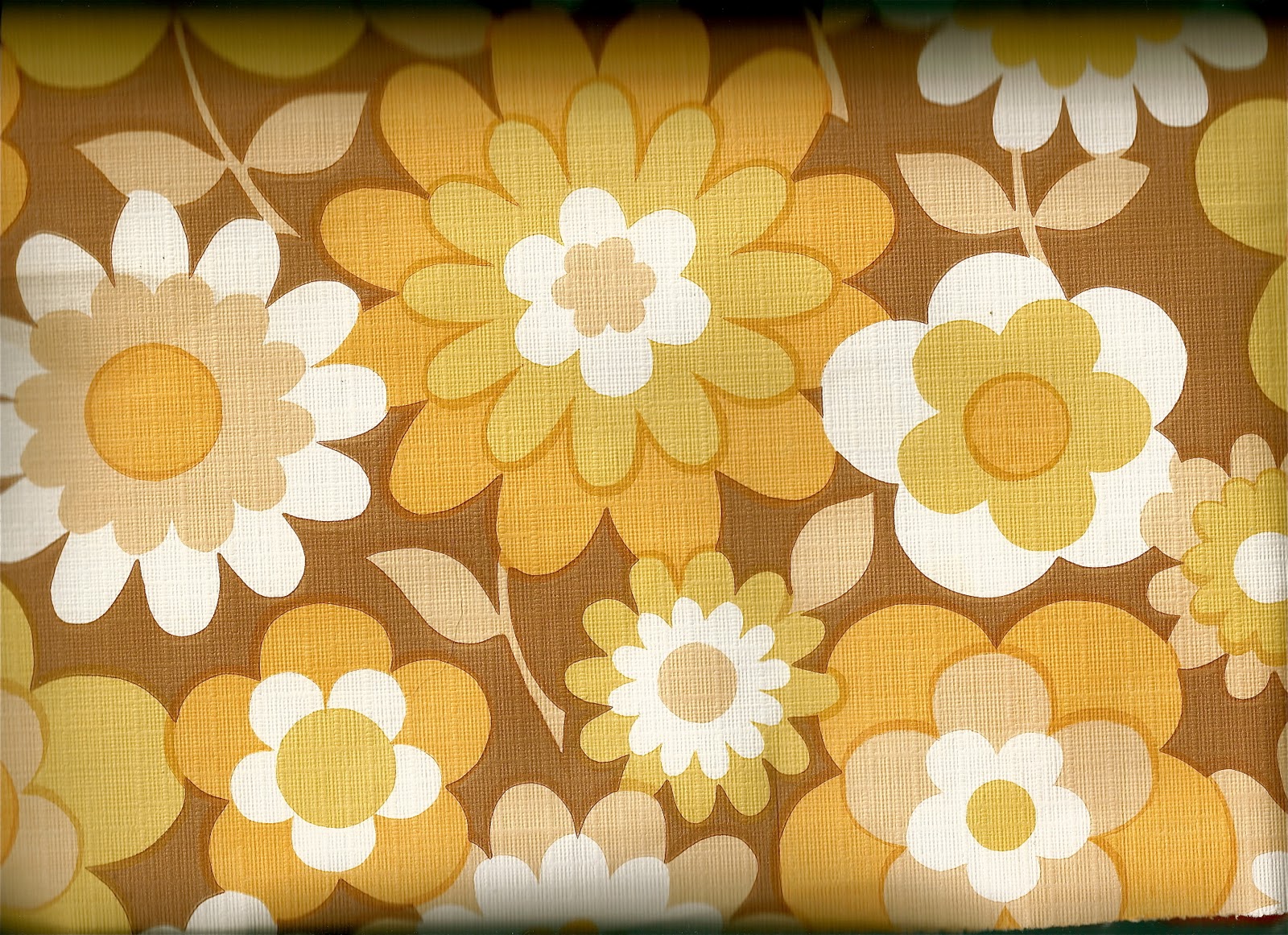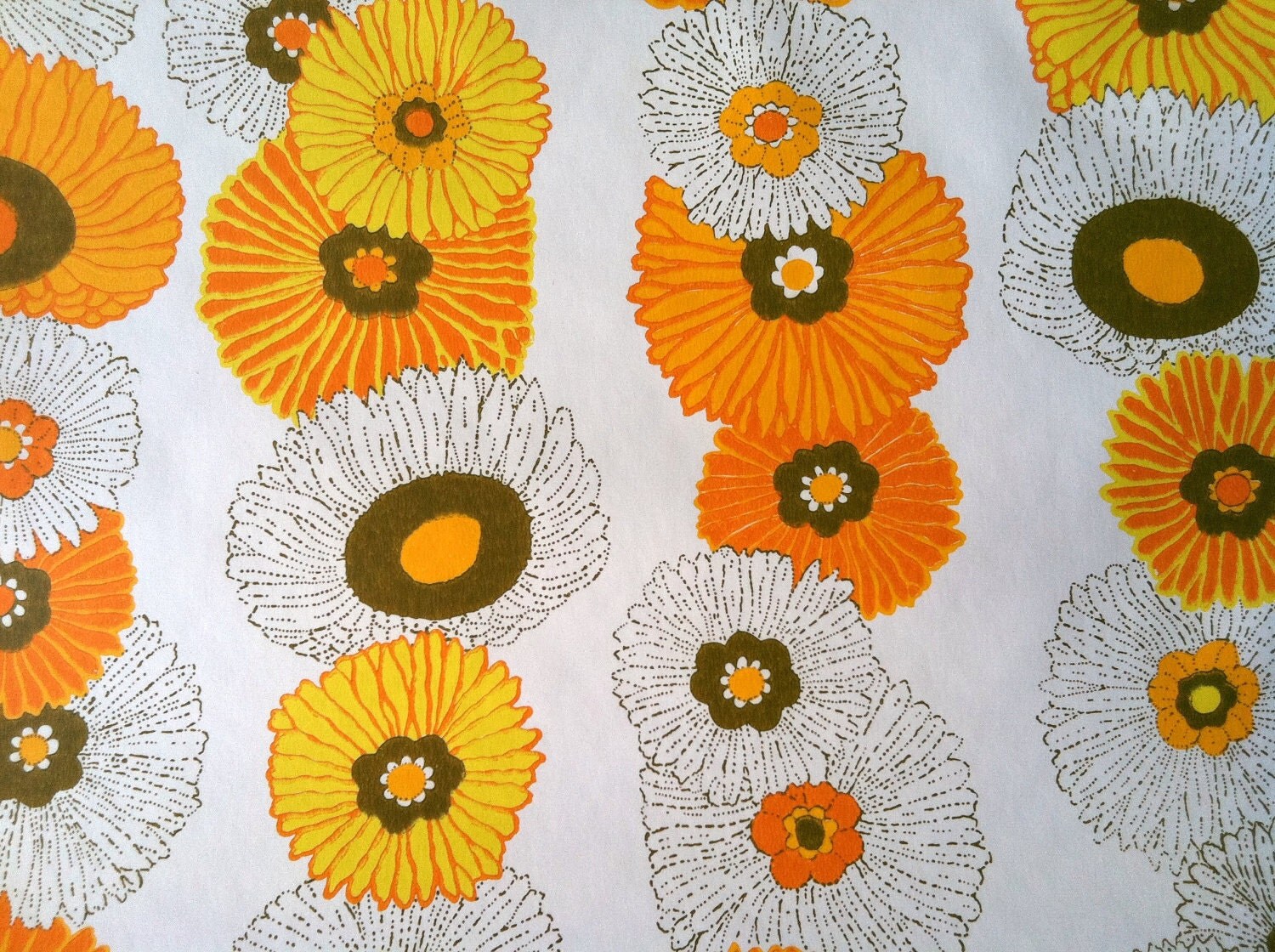
The Popularity of Flowers in the 1970s
The 1970s was a decade known for its vibrant counterculture, and flowers played a significant role in expressing the era's free-spirited and peaceful sentiments. Flower power was a popular slogan during this time, representing the movement's belief in non-violence and love. Flowers became a symbol of unity, self-expression, and connection with nature. They were seen as a way to break free from societal norms and embrace individuality.

The Influence of Hippie Culture
Hippie culture played a significant role in the popularity of flowers during the 1970s. The hippie movement was all about peace, love, and harmony, and flowers perfectly embodied these ideals. Hippies adorned themselves with flowers, wearing them in their hair, as jewelry, and even as body paint. Flowers became a form of personal expression and a way to reject mainstream society's materialistic values.

Flower Power Movement
The flower power movement emerged in the late 1960s and continued to flourish throughout the 1970s. It was a social and political movement that promoted peace, love, and environmental awareness. Flowers were used as symbols of protest against war and violence. People would hand out flowers to soldiers, police officers, and politicians as a peaceful gesture. The movement aimed to create a sense of unity and compassion among individuals.

The Language of Flowers
During the 1970s, the language of flowers gained popularity. Each flower was believed to have a specific meaning, allowing individuals to communicate their emotions and messages through floral arrangements. Roses symbolized love and passion, sunflowers represented happiness and vitality, while daisies were associated with innocence and purity. The language of flowers added another layer of significance to the already powerful symbolism of flowers during this time.

The Role of Flowers in Fashion
Flowers became an integral part of fashion during the 1970s. Floral patterns and designs were seen on clothing, accessories, and even home decor. The vibrant and colorful nature of flowers perfectly matched the vibrant and carefree spirit of the era. Floral prints were commonly found on flowing maxi dresses, bell-bottom pants, and peasant blouses. Flowers became a fashion statement, representing individuality and a rejection of traditional societal norms.

Flower Power in Music
Flower power also had a significant influence on music during the 1970s. Many iconic songs of the era, such as "San Francisco (Be Sure to Wear Flowers in Your Hair)" by Scott McKenzie and "Aquarius/Let the Sunshine In" by The 5th Dimension, embraced the flower power movement and its ideals. These songs became anthems for those advocating peace, love, and unity. Flowers were a recurring theme in lyrics, album artwork, and stage decorations.

Environmental Awareness
During the 1970s, there was a growing concern for the environment and a push for conservation. Flowers played a role in promoting environmental awareness. They were seen as symbols of nature's beauty and the need to protect it. Flower planting and gardening became popular activities, and people started embracing more sustainable practices. The flower power movement was closely aligned with the emerging environmental movement, both advocating for a more conscious and nature-centric lifestyle.

Legacy of Flower Power
The legacy of flower power from the 1970s continues to inspire and influence various aspects of society today. The ideals of peace, love, and harmony are still celebrated and embraced. Flowers remain symbols of beauty, love, and connection with nature. The language of flowers is still used to convey emotions and messages through floral arrangements. The fashion industry continues to incorporate floral designs and prints. The impact of flower power can be seen in art, music, and various cultural movements that promote unity and compassion.
